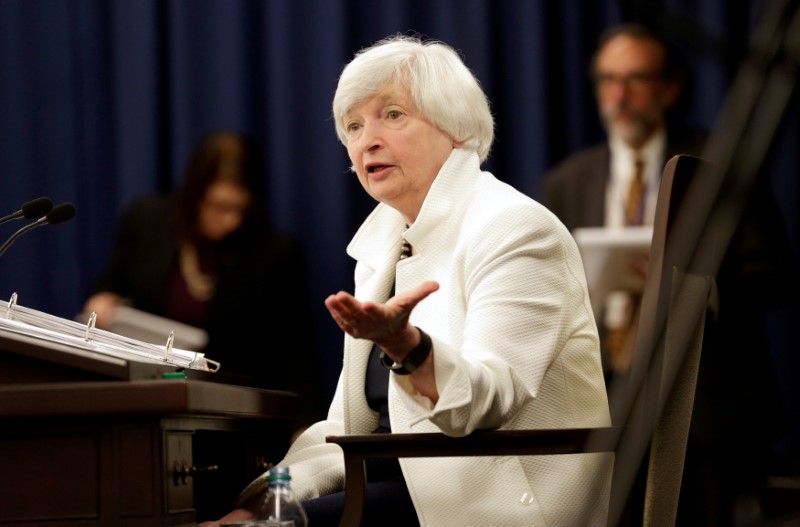
Former U.S. Secretary of State, Hillary Clinton speaks during an interview with Mariella Frostrup at the Cheltenham Literature Festival in Cheltenham, Britain October 15, 2017. REUTERS/Rebecca Naden
October 15, 2017
LONDON (Reuters) – Former U.S. presidential candidate Hillary Clinton cautioned Britain on Sunday over its push to secure a trade deal with U.S. President Donald Trump after it leaves the European Union.
Clinton, the Democratic Party candidate who lost out to Trump in last November’s election, also said Britain would face serious disruption if it left the EU without a negotiated deal with Brussels.
The British government has talked up the prospect of bilateral trade deals with the United States and others as one of the major benefits of leaving the EU following last year’s surprise referendum vote to leave.
Asked about the prospects of a British-U.S. deal, Clinton told the BBC: “You’re making a trade deal with somebody who says he doesn’t believe in trade, so I’m not quite sure how that’s going to play out over the next few years.”
British Prime Minister Theresa May visited Trump in January to talk trade. The countries share $200 billion of trade each year.
But May has since intervened in a dispute between U.S. aerospace firm Boeing and Canadian planemaker Bombardier, lobbying in the interests of Bombardier to try to protect jobs at its factory in Northern Ireland.
Clinton also said Britain would be at a “very big disadvantage” if divorce negotiations with the EU failed, and went on to compare the factors behind the Brexit vote to her own election loss.
“Looking at the Brexit vote now it was a precursor to some extent to what happened to us in the United States… The amount of fabricated, false information that your voters were given by the ‘Leave’ campaign,” she said.
She said her own presidential campaign was subject to similar treatment, citing the spread of false stories by online news outlets, and warned that Britain and other countries must be alert to the risks of such new media.
“The big lie is a very potent tool,” she said.
(Reporting by William James; Editing by Janet Lawrence)

